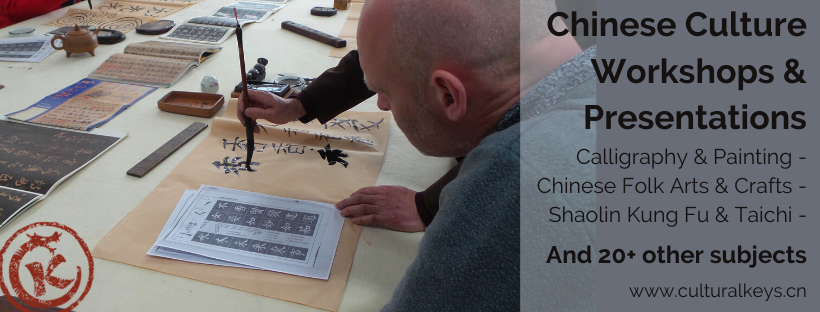
If you live in China and are still not familiar with the local culture and customs, it is inevitable that you ask your Chinese friends to help you out when you encounter problems related to your daily life. Hence, it’ll be helpful if you have knowledge of some of the commonly-used structures that people use when they need help from others. Let’s find out what they are.
1. 你可以…….吗? (Nǐ kěyǐ … ma?)
This is the most commonly used structure in China when you would like to ask someone to do you a favor. The keyword here is 可以 (kěyǐ), which means “can or may”. Therefore, the literal translation of this structure is “Can you………?”, and the first word 你 (nǐ, “you”) is often omitted.

Example:
可以给我一杯水吗?
kě yǐ gěi wǒ yī bēi shuǐ ma?
Can you give me a glass of water?
2. 请…… (Qǐng…)
请 (qǐng) means “please”, and it’s usually followed by a verb to express your desire to ask someone to do something. What you need to bear in mind is that this word never goes at the end of a sentence, which means “Can I have a coffee, please?” should be translated as “Please give me a coffee” in Chinese.

Examples
请开门。
Qǐng kāi mén.
Please open the door.
请关窗。
Qǐng guān chuāng.
Please close the window.
Vocabulary
开 (kāi) • to open
关 (guān) • to close
门 (mén) • door
窗 (chuāng) • window
3. 麻烦你…… (Máfan nǐ…)
麻烦 (máfan) means “to bother”, and this structure is a polite way to indicate that you need someone’s help as it translates as “Can I bother you to…….?”

Example
麻烦你在这里签字。
Máfan nǐ zài zhèlǐ qiān zì.
Can you sign here, please?
(= Can I bother you to sign here?)
Vocabulary
签字 (qiān zì) • to sign
4. 方便……..吗? (Fāngbiàn … ma)?
The word 方便 (fāngbiàn) means “convenient”, which is a very useful word to describe many things in China, such as WeChat. Therefore, the literal meaning of the whole structure is “Would it be convenient for you to……..?”

Example
方便帮我买一个三明治吗?
Fāngbiàn bāng wǒ mǎi yī gè sānmíngzhì ma?
Would it be ok for you to get me a sandwich?
(lit. “Would it be convenient for you to help me buy a sandwich?”)
Vocabulary
帮 (bāng) • to help
买 (mǎi) • to buy
三明治 (sānmíngzhì) • sandwich
5. 劳驾……. (Láojià…)
“劳驾 (láo jià)”, meaning “Excuse me” can hardly be heard in Chinese people’s daily lives as it’s usually used in formal situations. However, you’ll have the opportunity to brag about your Chinese by starting your request with this word.

Example
劳驾,把书给我。
Láojià, bǎ shū gěi wǒ.
Excuse me, can you give me the book?
Vocabulary
书 (shū) • book
We hope you enjoyed reading about how to ask for help in Chinese. Now that you know all that you need to know, we hope you’re able to easily fix all the problems you run into. If you are interested in some common Chinese words that is useful, have a read about them here.
Originally published on the That’s Mandarin website. Republished with permission.
 | Founded in 2005, That’s Mandarin has been delivering excellence in Chinese teaching for over 17 years to more than 50,000 students of different nationalities. For more details, visit there website at www.thatsmandarin.com/ |
Find this language class useful? Do you know other ways of asking for help? Let us know in the comments below. We always love hearing your thoughts and insights!

Photo Credits
– That’s Mandarin
Stay up-to-date with the latest offers, information and events from Cultural Keys. Follow our Official WeChat Account by scanning the QR code (click for larger image), or follow us on Facebook, Instagram or LinkedIn to be the first to know!
For more information about anything on this page, or for more information about Cultural Keys, please contact us or use the form below to let us know your specific requirements.
Contact Form
Recent Posts
Mouseover to see left and right arrows
About Cultural Keys – The Chinese Culture Company
 Cultural Keys helps people access, understand and experience the traditional culture of China. Click the image above to read more about Cultural Keys and what we can do for you, your school, company or organisation to help you get more out of your time in China!
Cultural Keys helps people access, understand and experience the traditional culture of China. Click the image above to read more about Cultural Keys and what we can do for you, your school, company or organisation to help you get more out of your time in China!













